News: China
Geostrategic Tensions Manifesting as Trade Conflict: Policy Recommendations for rebuilding Australia-China relations
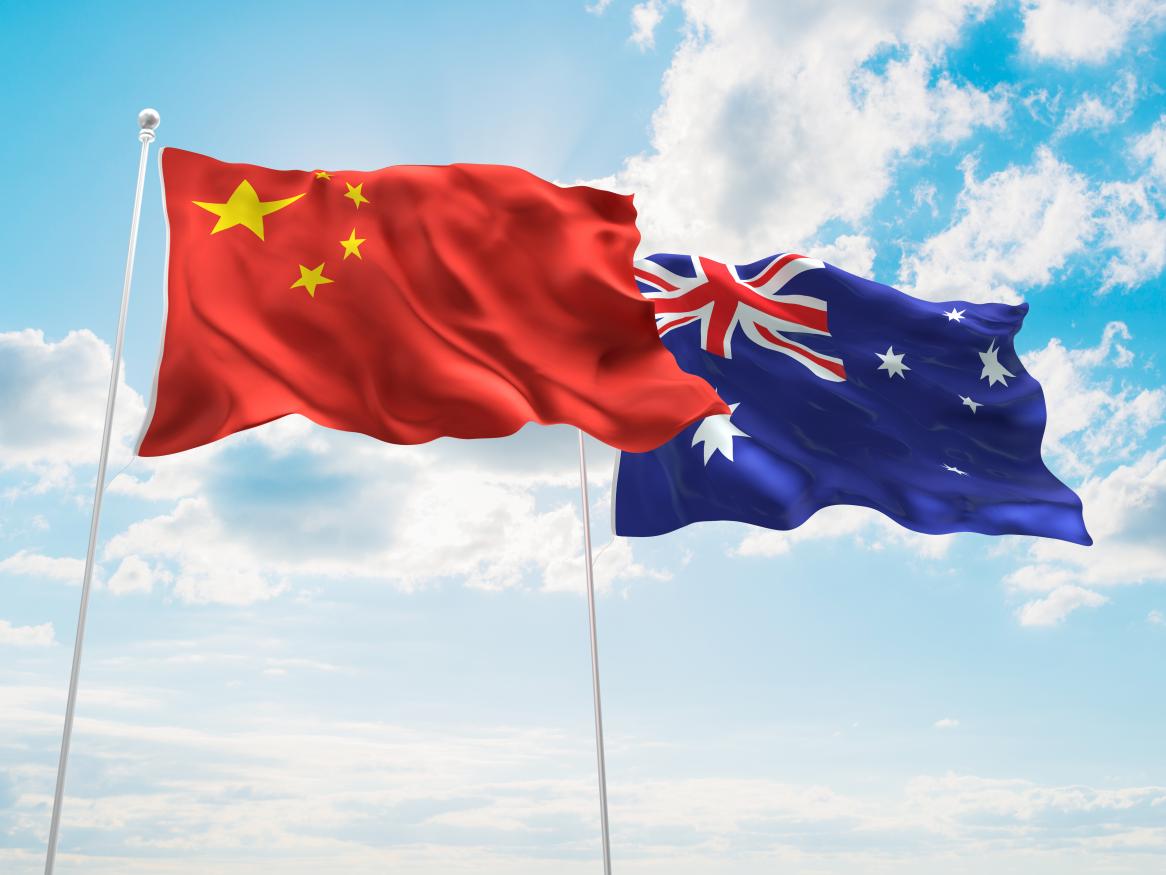
Co Authors: Mike Adams, former Department of Foreign Affairs and Trade (DFAT) economist, Ron Wickes, former Director of the Trade Analysis Section of DFAT and Nicolas Brown, former head of DFAT’s branch responsible for analysis and strategic advice on trade.
China-Australia diplomatic relations are at their lowest point in decades, reflected in trade relations that have become increasingly strained by Beijing’s coercive tactics. Acknowledging that there is little chance of getting back to the positive relationship that Australia and China enjoyed just four or five years ago, this brief argues for a pragmatic diplomatic approach where trade can support a revival of mutually beneficial and broad-based trade and investment relations with China. This need not be at the cost of security and broader strategic interests and could in fact enhance them, irrespective of cultural, political and historical differences.
Economic Coercion by China: The impact on Australia's merchandise exports
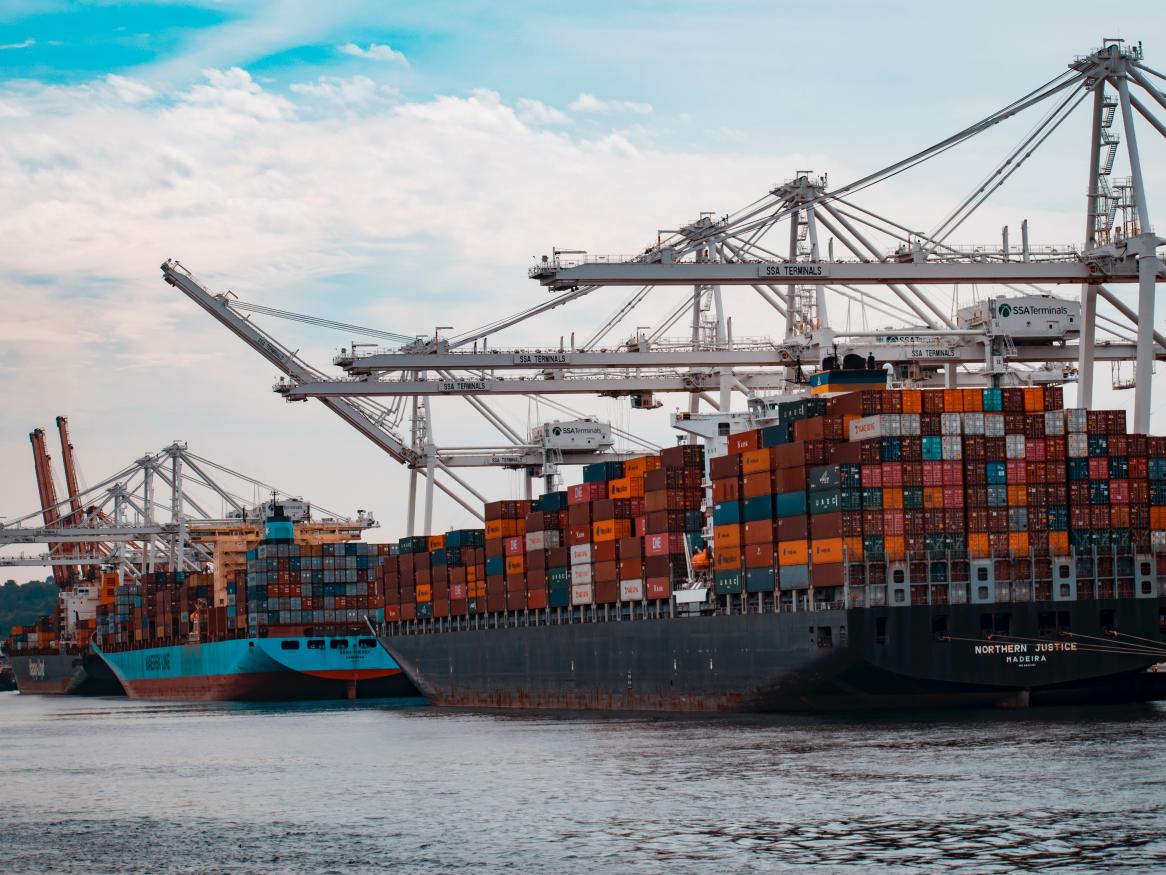
WORKING PAPER 04
Australia is estimated to have foregone export revenue of around US$4.9 billion (A$6.6 billion) over July 2020 to February 2021 as a result of China’s restrictions or discriminatory purchasing affecting eight key commodities – coal, copper ores and concentrates, frozen beef, wine, cotton, barley, rough wood and rock lobster.
[Read more about Economic Coercion by China: The impact on Australia's merchandise exports ]
Can progress be made multilaterally on agricultural trade?
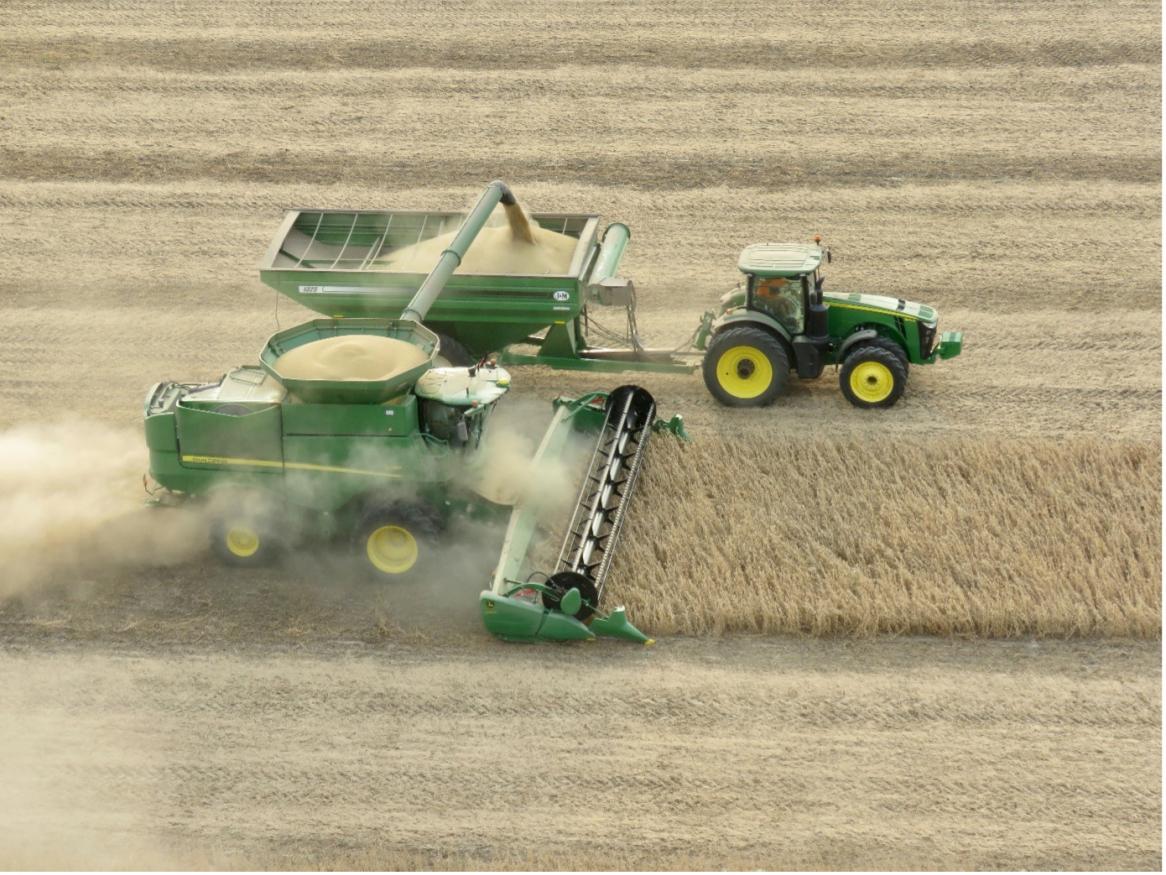
The WTO has been experiencing deadlock in its negotiating function since the collapse of the Doha Round. This threatens to undermine the legitimacy of the WTO, and drive Members to seek progress outside the organization. The difficulties of agricultural negotiations offer a microcosm for understanding the wider multilateral universe. Against this background, a group of academics, former high-level officials of international institutions and former negotiators have come together to try to inject some new energy and new ideas into the multilateral process in a project called “New Pathways”.
[Read more about Can progress be made multilaterally on agricultural trade?]
Industrial Subsidies and their impacts on exports of trading partners: The China Case
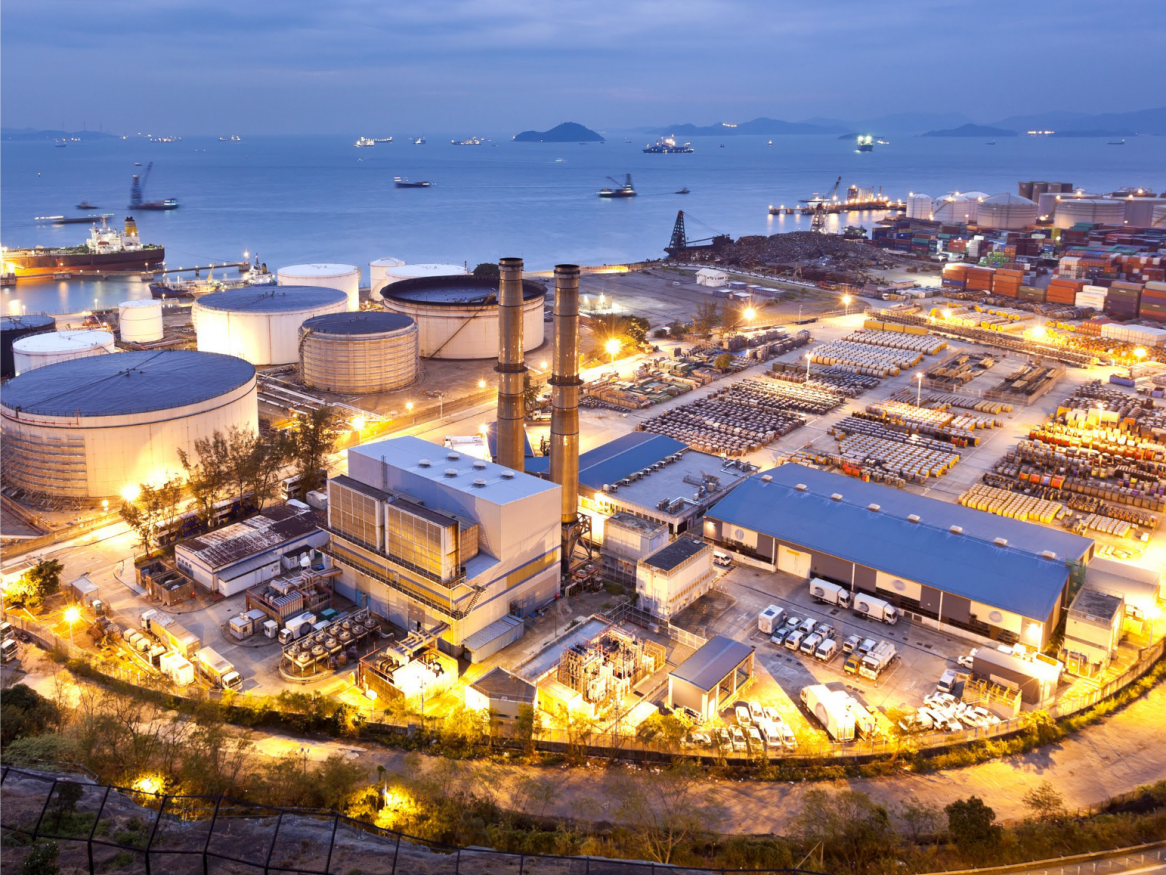
WORKING PAPER 03
This paper explores the impact of Chinese subsidy interventions in the upstream sector on the competitiveness of the downstream sector. In particular, the paper investigates the effect of Chinese subsidies on basic metal products on the export competitiveness of downstream sectors in other major trading countries. To explore the impact of base metal subsidies interventions on the downstream sector of a trading partner, we exploit both temporal variation in subsidy interventions and in base-metal consumption by the downstream sector.
“Joint Statement Initiatives” and Progress in the WTO System
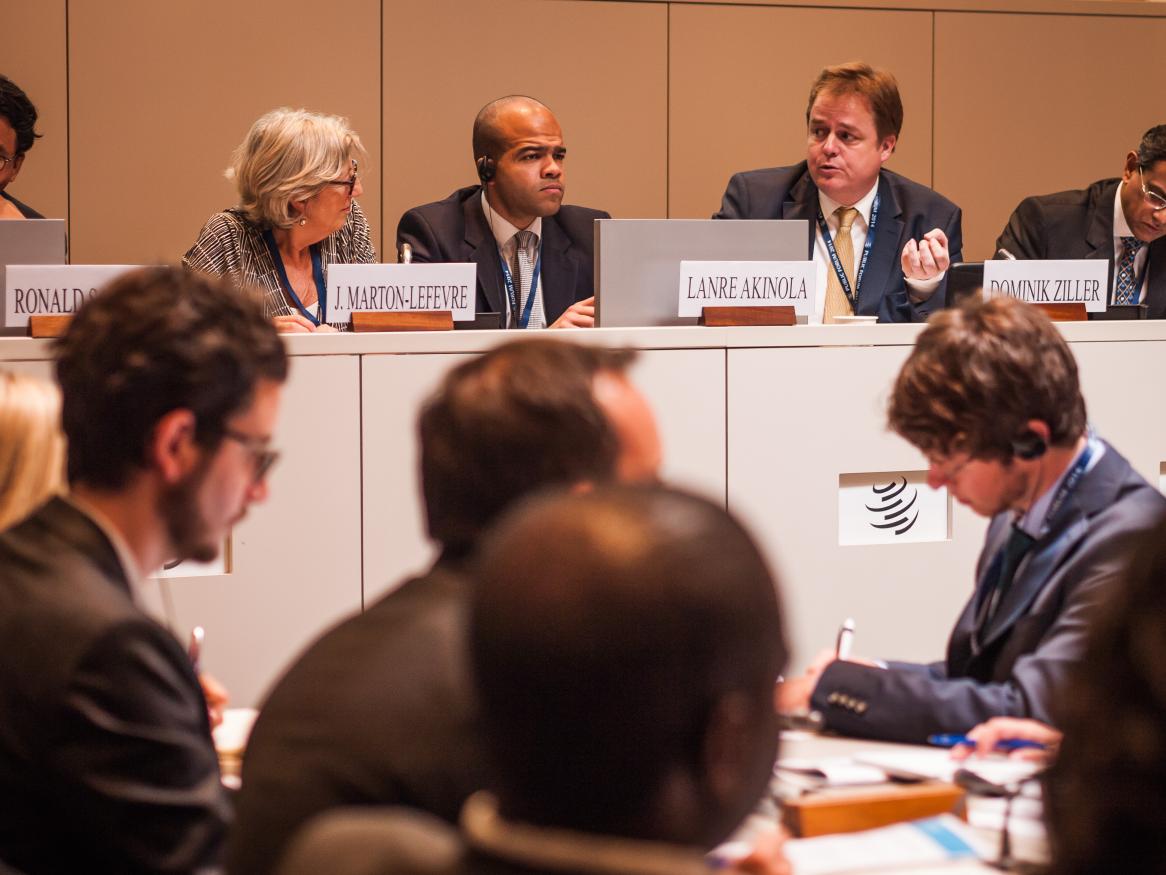
Andrew Stoler, former WTO Deputy Director-General; former Office of the United States Trade Representative senior trade negotiator.
“Joint Statement Initiatives” (JSIs) are today seen by many governments as crucial to making trade progress, given some WTO Members opposition to further liberalization and rulemaking on a multilateral basis. Two governments that have actively worked to stymie progress, India and South Africa, are currently challenging the legality of JSIs within the multilateral system of the WTO in a new bid to prevent other WTO Members from moving forward on the trade front.
[Read more about “Joint Statement Initiatives” and Progress in the WTO System]
Services Domestic Regulation - Doing the Obvious

Markus Jelitto is Counsellor at the Services Trade Division, WTO Secretariat, Geneva.
Services Trade has been growing continuously over the past three decades and was worth USD 13.3 trillion in 2017. Services value added accounts for almost half of all world trade (goods and services combined). Despite these impressive figures, the 2019 WTO World Trade Report finds that costs of trading services are about twice as high as trade cost for goods. A significant portion of these costs are attributable to regulatory divergence, as well as opaque regulations and cumbersome procedures. Through the development of disciplines on services domestic regulation, a group of currently 63 WTO members has set out to address these cost factors.
[Read more about Services Domestic Regulation - Doing the Obvious]
Chasing The Windmill: What is wrong with the US approach on developing country status
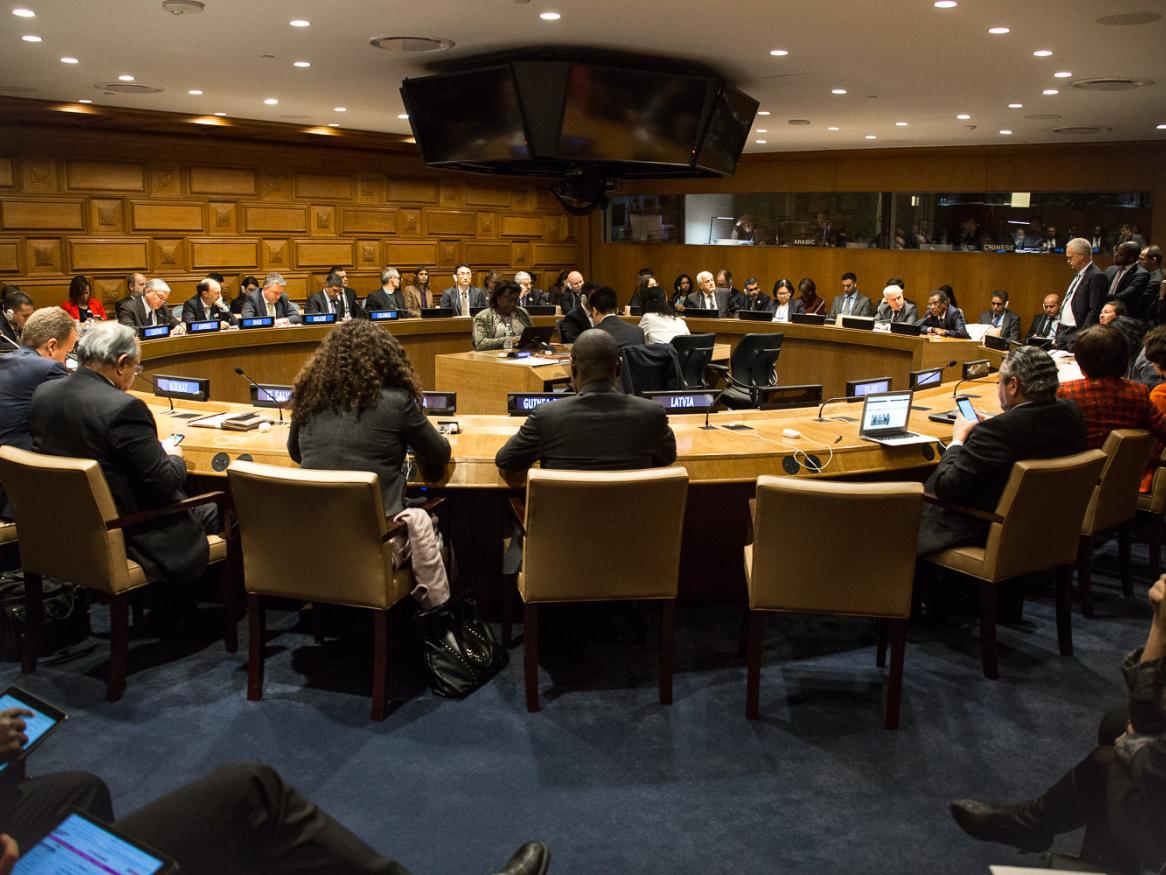
Professor Xiankun LU is former senior trade diplomat of China to the WTO and now Managing Director of the consulting firm LEDECO Geneva.
The polarized positions in the WTO, particularly between the US and China, on developing country status and ‘special and differential treatment’ (S&D), makes it not only difficult to find a solution on this issue, but also impossible to foresee solutions on other issues demanding WTO reform.
The market is a powerful instrument to counter human rights violations in China
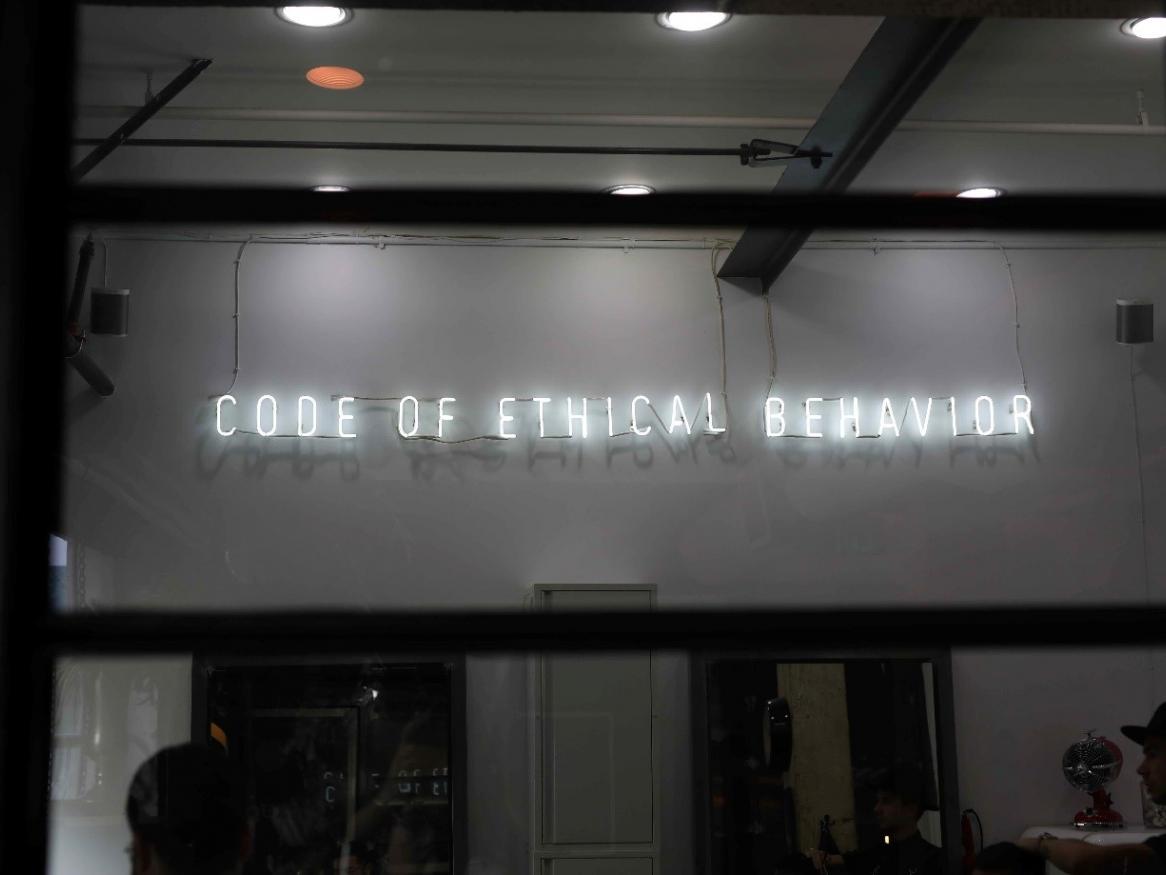
Andreas Freytag, Professor and Chair of Economic Policy, Friedrich Schiller University, Jena and Visiting Professor with IIT
European Union (EU) foreign ministers have finally responded to China's documented human rights abuses by imposing sanctions on four individuals and one organization believed to be substantially involved in the oppression of Uyghurs in north-western China. Reports of the Chinese government's treatment of the Uighurs provide evidence of mass detention and human rights abuses.
[Read more about The market is a powerful instrument to counter human rights violations in China]
Putting “Values” into Value Chains in an Era of System Rivalry
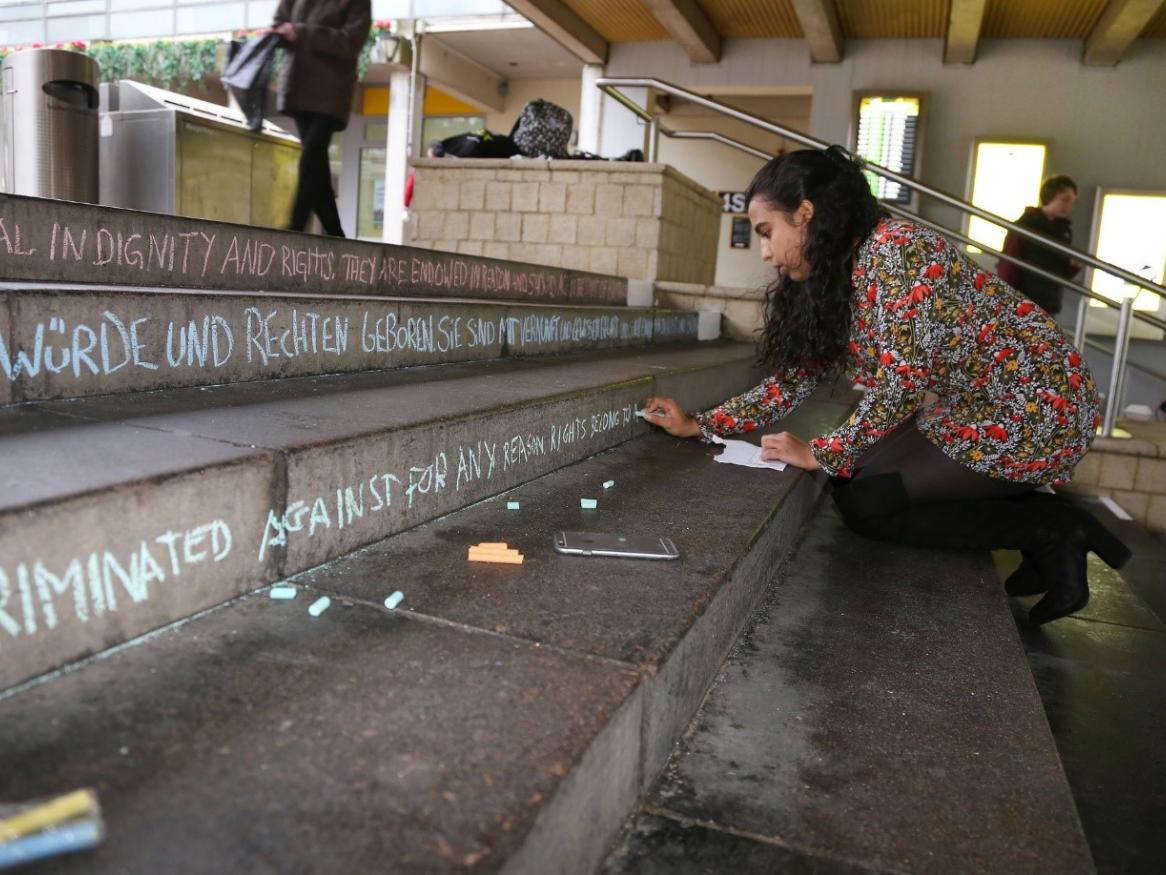
Naoise McDonagh, Lecturer in Political Economy, Institute for International Trade.
The EU and U.S. have a history of using trade agreements to project their value-systems on trading partners. The EU is forthright about this goal, stating: “projecting our rules and values in trade agreements helps the EU shape globalisation, especially on issues like human rights, working conditions and environmental protection”
[Read more about Putting “Values” into Value Chains in an Era of System Rivalry]
IIT Monthly Newsletter - March 2021
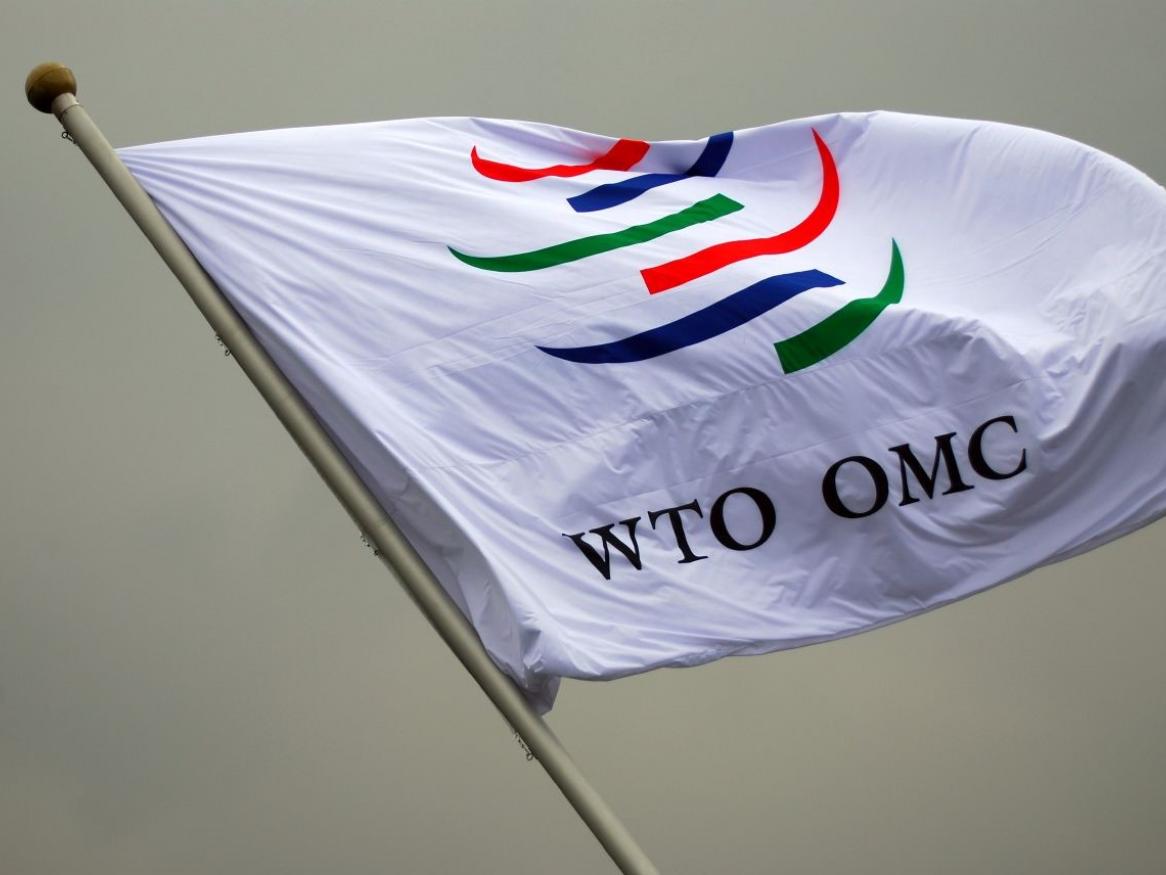
IIT Monthly Newsletter - March 2021. This edition of our monthly newsletter contains a rich set of insights into the challenges confronting the world trading system. Australia, being a middle power with extensive trade interests, has a strong stake in how they are addressed.
This work is licensed under Commons Attribution-NonCommercial-NoDerivatives 4.0 International License.
IIT is a global leader in researching, analysing and commenting on International Trade.
Stay informed about our up-and-coming seminars, events, publications, awards, new projects and collaborations, and other exciting news.
